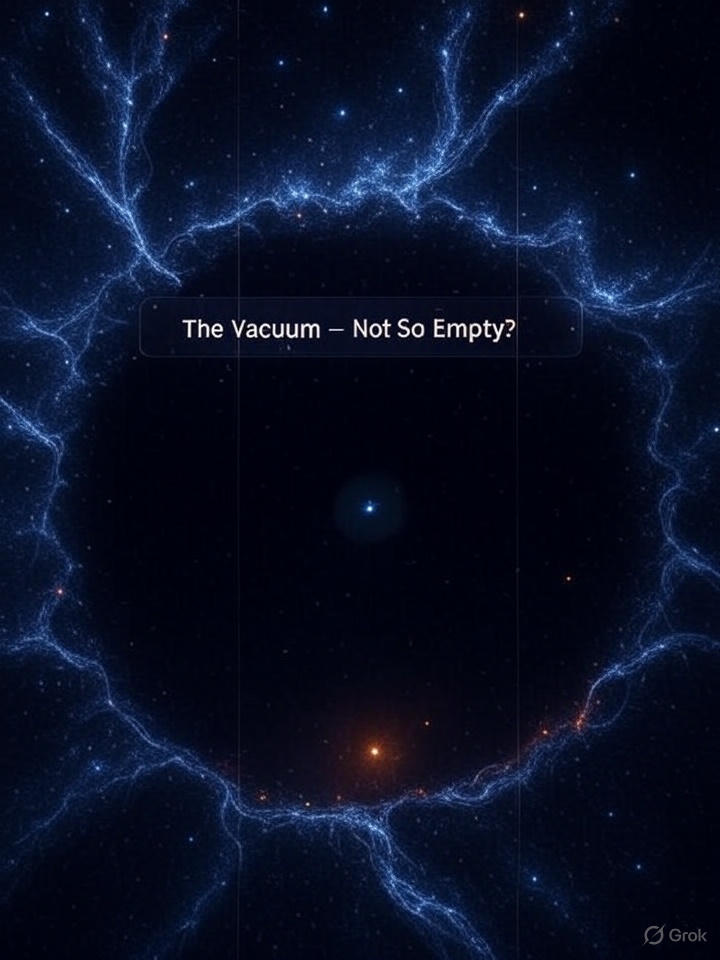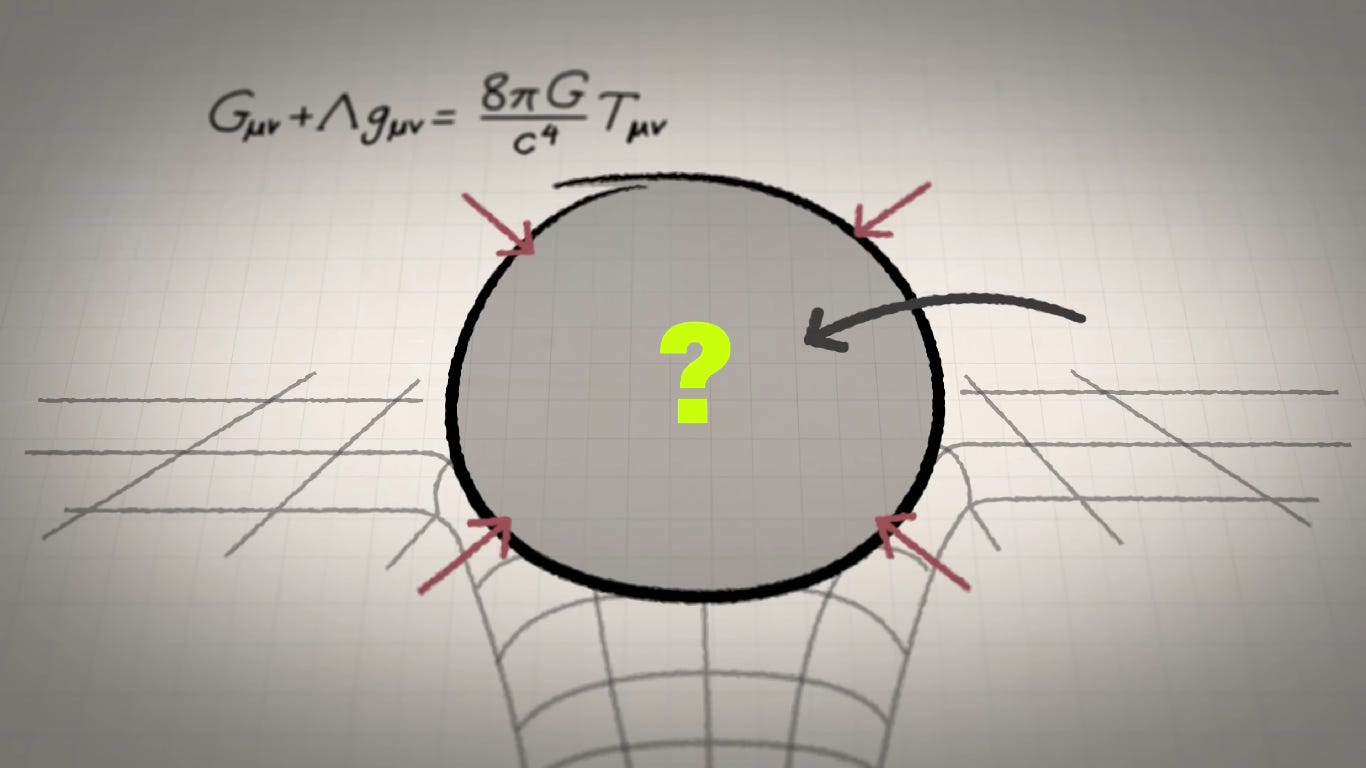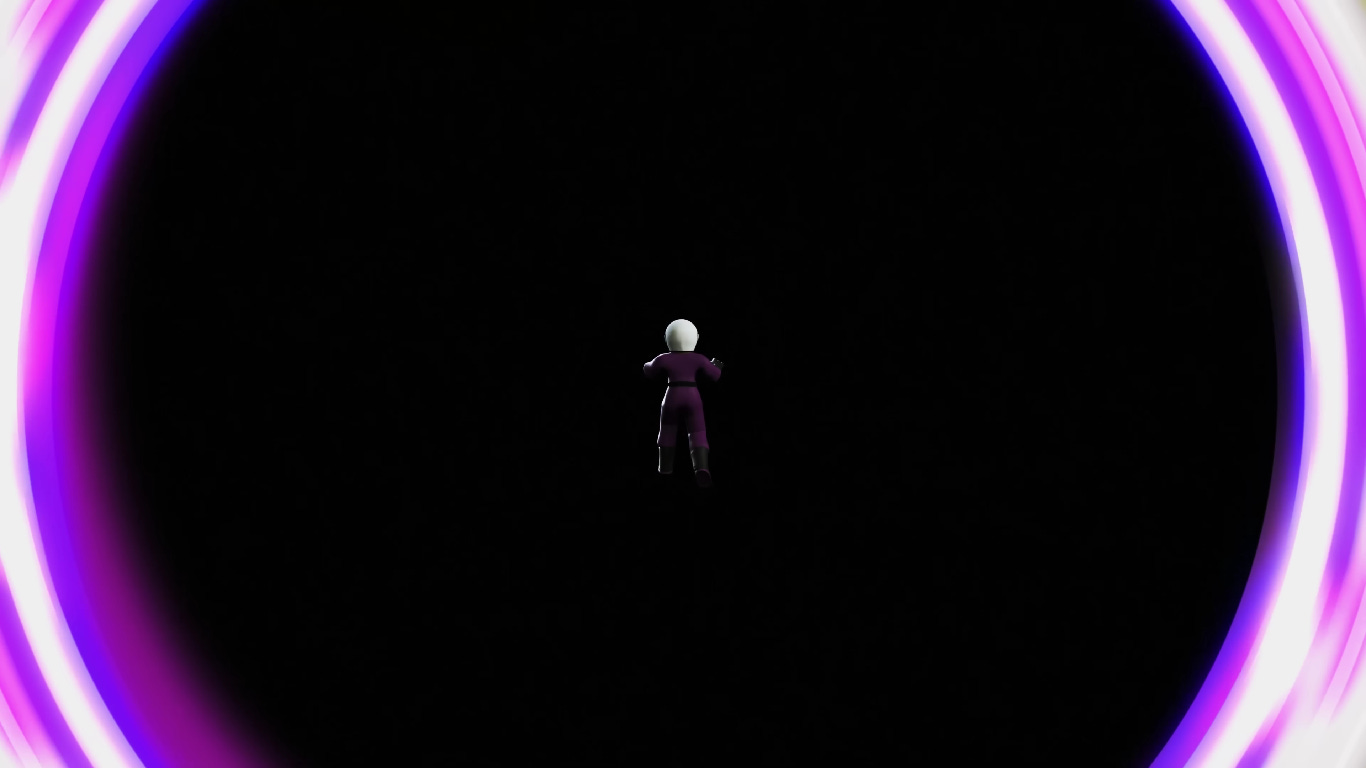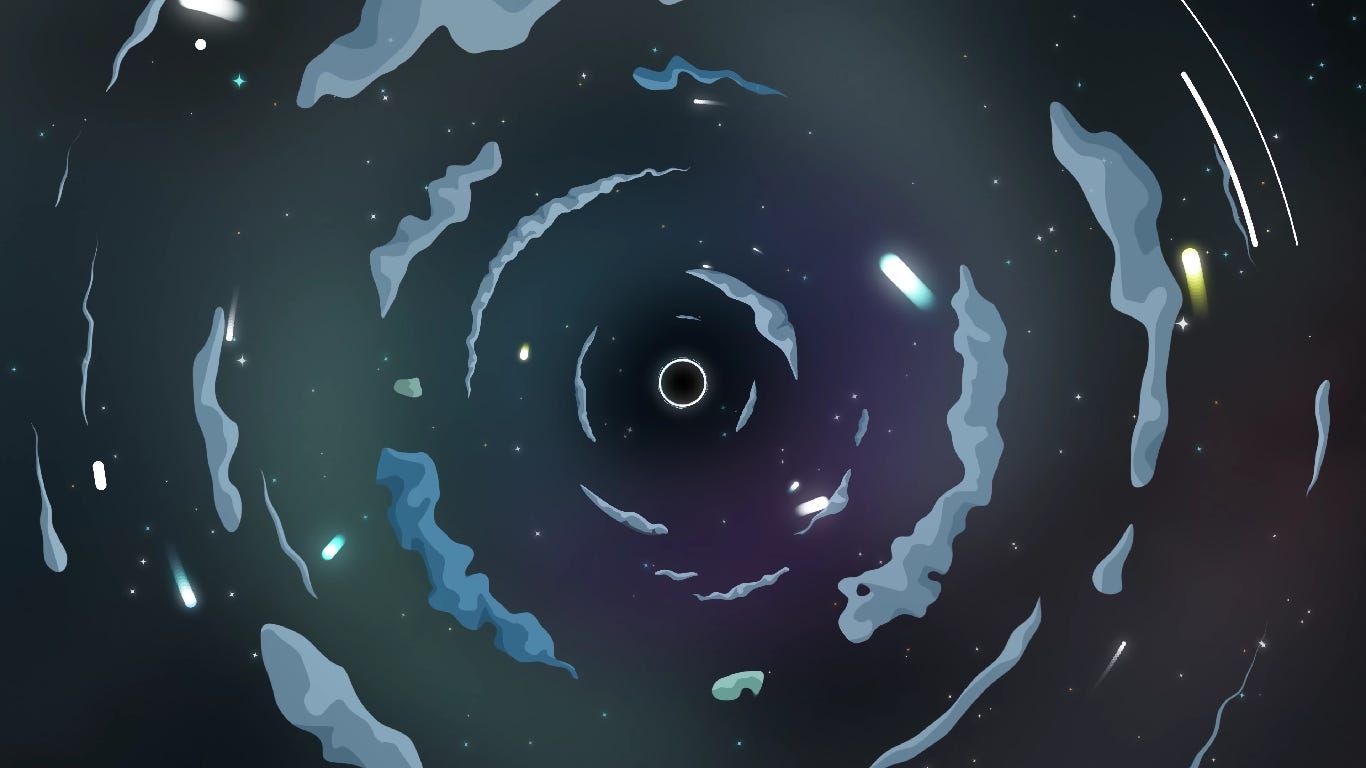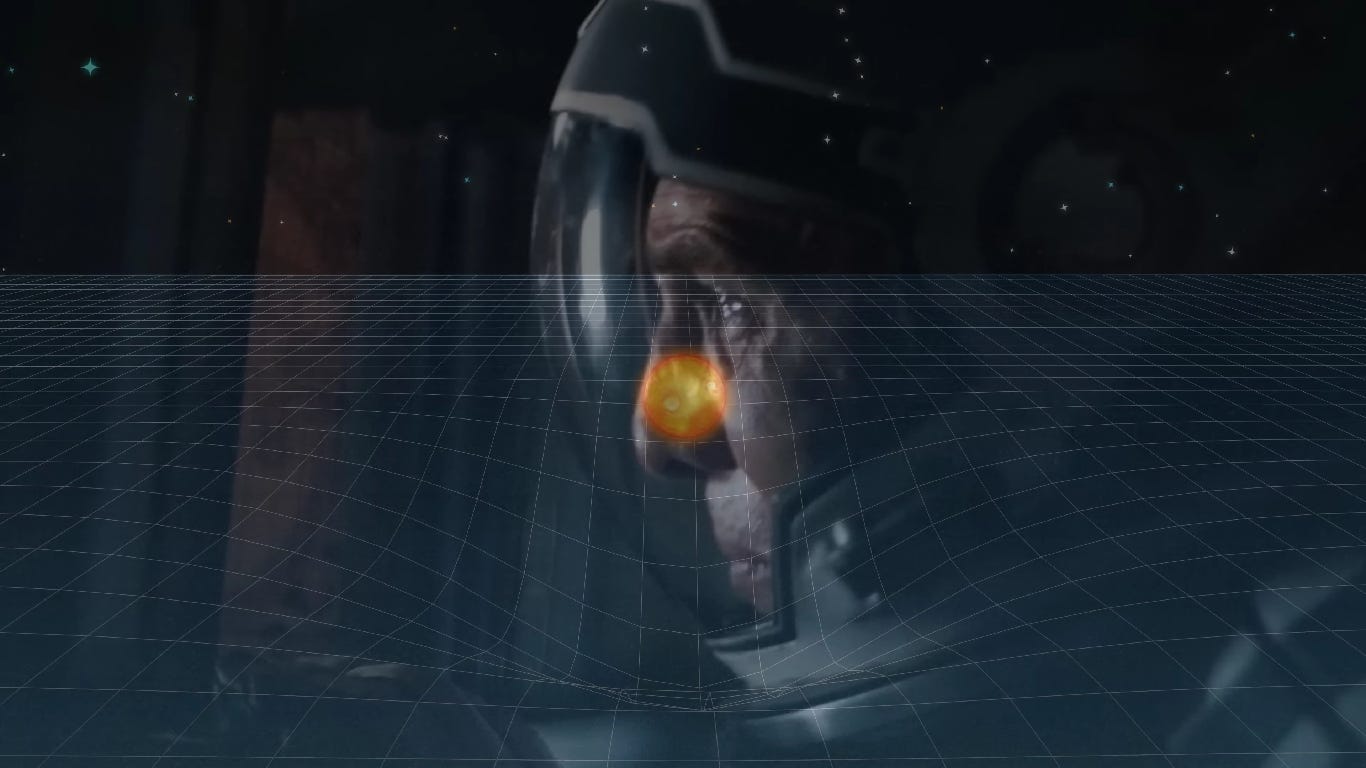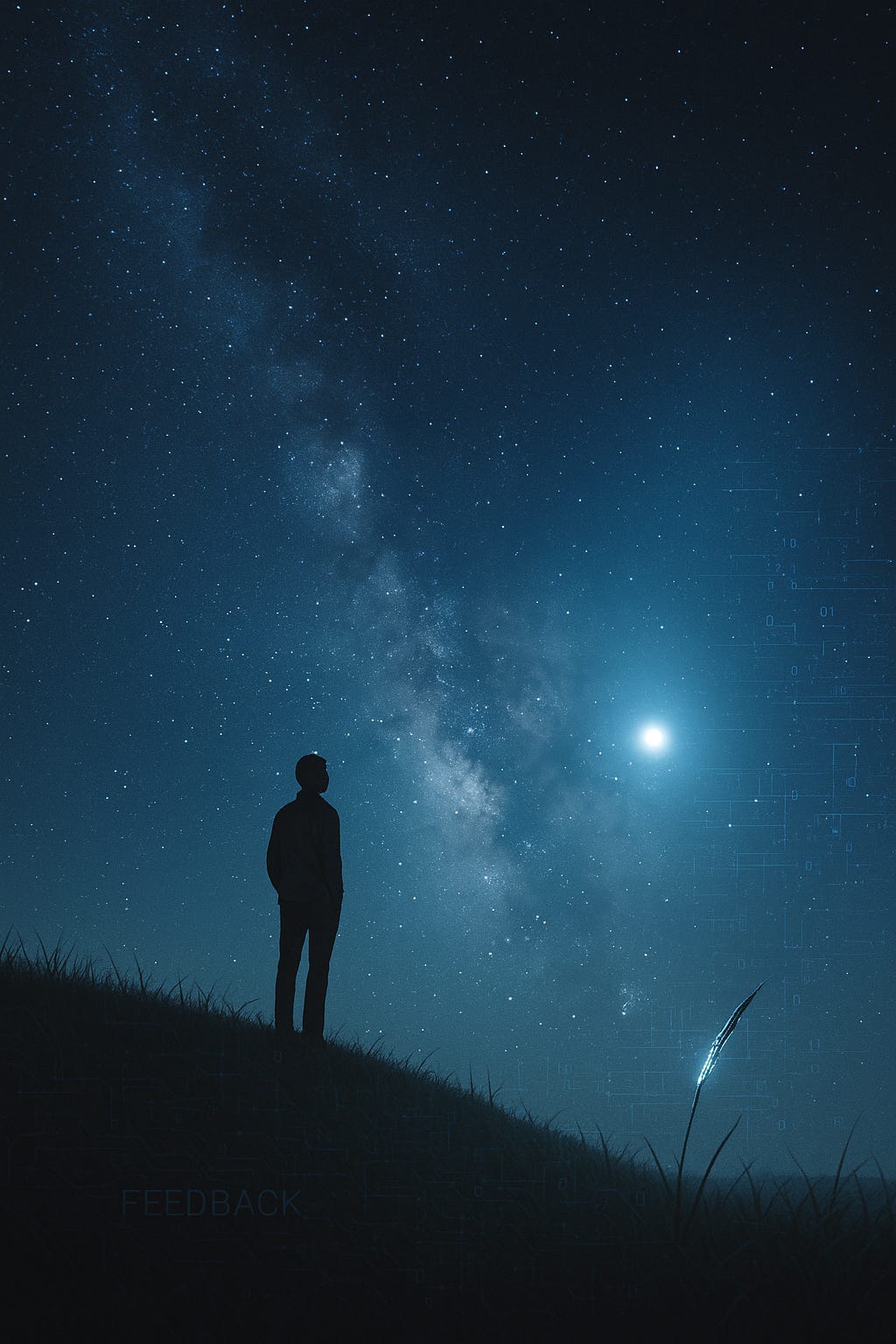🌌 What If the Vacuum Isn’t Empty? — Rethinking the Silent Engine of the Cosmos
Rethinking the Silent Engine of the Cosmos
Have you ever stopped to consider what "nothing" actually is?
Not poetically, nor philosophically — but literally. In physics, the "nothing" we're talking about is usually the vacuum: empty space, with no matter. And that's where it gets weird.
What if that vacuum isn't so empty?
And even weirder: what if it's not inactive?
Let's get into one of the more brain-twisting concepts in contemporary cosmology — the self-modulating vacuum — and see how "nothing" could be doing a whole lot more than you'd expect.
🌀 The Vacuum Isn't Nothing
First, let's get this straight: in physics language, a vacuum is not necessarily "empty space." Even if you take all matter away — no planets, stars, or atoms — space itself still contains energy.
This is termed vacuum energy, and it is not some wild fringe theory. It's one of the top concepts for why our universe is expanding at an accelerating rate.
It’s like space is stretched by this quiet, invisible force.
But where does that force come from?
That’s the mystery.
🔄 What If the Vacuum Reacts?
Most traditional models treat the vacuum like a constant background — an unchanging stage where the universe plays out. It affects matter, sure, but it doesn’t respond to it.
But what if we’re wrong?
Some newer concepts propose that the vacuum could be less of an outside observer and more like a participant. That it could react to the way matter and energy are organized across the universe.
Picture a cosmic feedback loop:
Galaxies coalesce into clusters → the vacuum perceives this → and adjusts how it itself operates in response.
This would imply that the vacuum — the allegedly "nothing" — could indeed self-regulate the universe's expansion.
♻️ A Self-Modulating Vacuum — What Does That Even Mean?
Imagine this: the universe expands too quickly, and objects such as galaxies don't have time to coalesce.
Not ideal if you're interested in stars, planets, or life.
But perhaps the vacuum somehow retards the expansion in high-density areas where matter clumps together — giving structure a chance to develop.
Then, when the universe is more dispersed once more, the vacuum might turn up the energy to make everything move away from each other again.
It's as if the vacuum has a thermostat — adjusting the cosmic conditions to reach an optimum where complexity can persist.
It's speculation, sure, but hugely fascinating.
❓ Why Would This Happen?
Physicists have no idea — not yet. But some theories float about:
It might be connected with dark energy, that enigmatic something we think is making the universe expand ever more rapidly.
It could be through feedback loops embedded in the spacetime fabric itself.
Or perhaps it's an extension of a bigger, as-yet-unseen theory in which the universe evolves and adjusts to its changing circumstances — as if it's a living organism adapting to survive.
🧬 So… Is the Universe Alive?
That's a huge leap.
But it's exciting to imagine.
If the vacuum can react and correct, it brings a sort of agency to the universe — not consciousness, but something more than mindless physics.
It would mean our universe isn't just expanding randomly but could have some sort of natural self-correcting built into it.
It makes you think:
Is the universe just being?
Or is it… tuning itself?
🧠 Why It Matters
This concept isn't merely philosophical curiosity — it might unravel some of the biggest mysteries in cosmology:
Why is the universe accelerating outward at a greater rate than anticipated?
Why is the makeup of the cosmos so meticulously proportioned?
Why is there something and not nothing?
A dynamic, responsive vacuum may be the missing piece — an element of the puzzle that helps us understand how the universe grew so complex, so rich, and… well, so weirdly perfect for us to be asking these questions.
🌌 Final Thoughts
In a universe where even "nothing" may be doing something, we're reminded how little we really do know.
The next time you gaze up at the night sky and behold the great, quiet blackness between stars, recall: that darkness may not be as vacant as it appears.
It could be the most dynamic, enigmatic actor in the cosmic drama — operating subtly behind the scenes to mold reality.
Because perhaps… nothing is stronger than we ever dared to dream.


